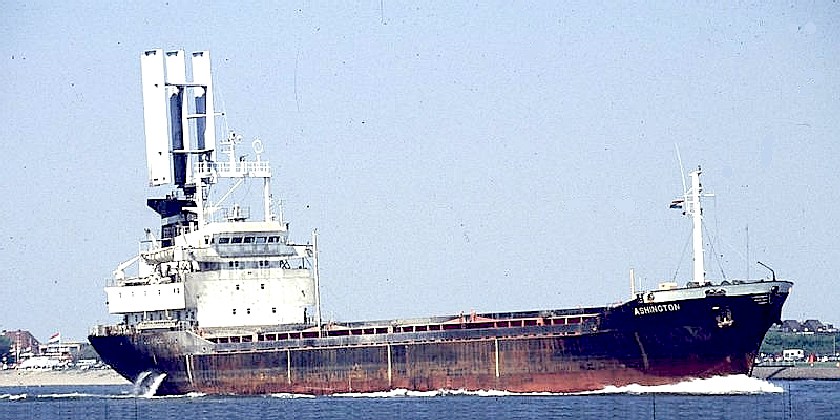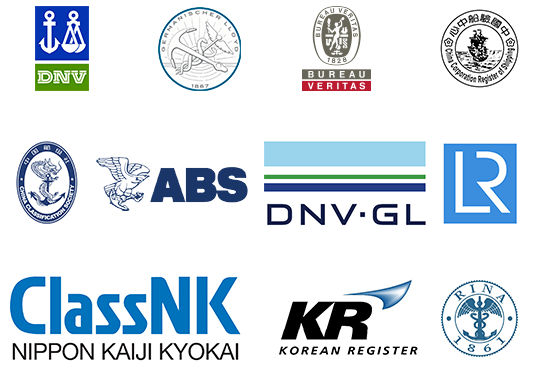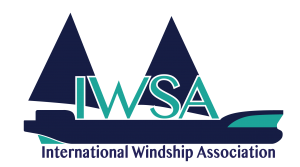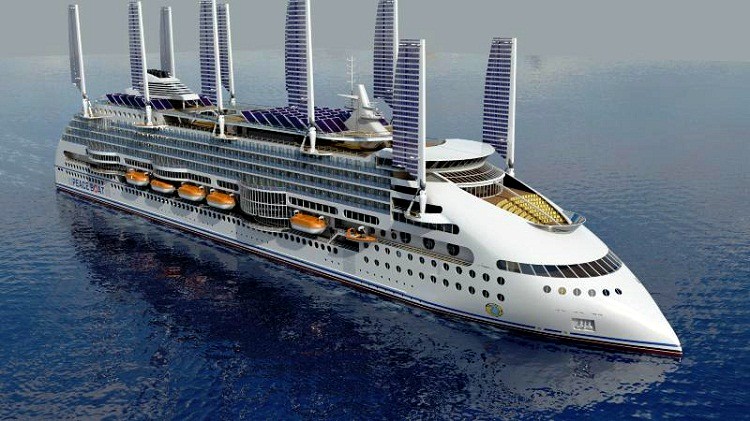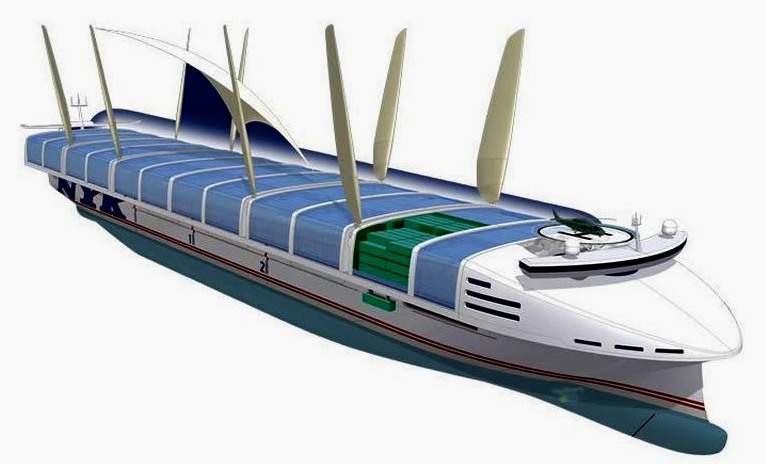|
BUREAU VERITAS
Please use our A-Z INDEX to navigate this site where page links may lead to other sites
|
|||||||||||||||||||||||||||||||||||||||||||||||||||||||||||||||||||||||||||||||||||||
|
1987 CONVERSION - This cargo vessel started life as the Ashington, registered at London in 1979. Ten years later she was re-registered in the Isle of Man (1989). In 2004 she was renamed Fjord Pearl while registered in Nassau. Then again is 2007 a name change to JP Fox and registration at Bergen. Finally in 2008 she was registered in Panama and renamed Milano Star, before being retired in 2012. That is a thirty-three year working life. Not bad. We wonder if it was the fact that in 1987, when she was converted to use a Walker Wingsail, if it was the fuel advantage that made it worth extending her operating life.
Bureau
Veritas was originally formed in Antwerp in 1828 as Bureau de Renseignements pour les Assurances Maritimes (Information Office for Maritime Insurance). The Bureau Veritas name was adopted in 1829. Bureau Veritas is a member of the IWSA, the International Windship Association.
ABS American Bureau of Shipping
SUSTAINABLE CONTAINER SHIPS - This 50m concept vessel may be doubled and quadrupled without too much trouble. You'd need to up-scale by a factor of 8 to match the 400 meter ships that operate today to carry 960 standard containers. See our top ten list below. That is nowhere near the capacity of a heavy bunker fueled giant, but it is a formula for eventual 100% zero carbon transportation that is theoretically workable. We believe that such a system could eventually replace bunker fuels and eliminate the need for liquid fuels that may be potentially dangerous.
CARGO CONTENDERS A list of the top ten fossil fueled leaders that could benefit from solar and wind assistance. You may notice from the specification of these vessels that we are in the right ballpark for power to cargo ratio when comparing DWT to installed engine power:
The concept of using wind power with conventional steam and diesel engines as a hybrid propulsion system for ships has been with us since the early paddle steamers. Before that the Romans used sails and slaves to row, so assisting the speed of a sailing ship with muscle power. With diesel being such a polluter, a return to sailing ships of a kind that is not dependent on human muscle, as in a crew to operate winches, etc., is a good thing, where that would not be economical or environmentally friendly from the food consumed by the sailors, or the potential danger to life and limb.
CROSS CHANNEL FERRY OPERATORS & ISLAND SERVICES
DFDS -
A - Z SAIL AND SOLAR ASSISTED BOATS & SHIPS
A-Z
INDEX OF H2 POWERED FUEL CELL SHIPS
CLASSIFICATION LINKS
ABS American Bureau of Shipping
LINKS & REFERENCES
https://www.bureauveritas.co.uk/
TRANSFERABLE TECHNOLOGY - The design of the Climate Change Challenger might be adapted to Cargo, Container, Cruise and Ferry designs, without needing to radically alter port facilities. The designs above are not representative of adaptations of the concept, but serve to illustrate the thinking of other design houses.
Please use our A-Z INDEX to navigate this site
AEGEAN - ADRIATIC SEA - ARCTIC OCEAN - ATLANTIC OCEAN - BALTIC SEA - BAY OF BENGAL - BERING SEA - CARIBBEAN SEA - CORAL SEA EAST CHINA SEA - ENGLISH CHANNEL - GULF OF GUINEA - GULF OF MEXICO - INDIAN OCEAN - IONIAN - IRISH SEA - MEDITERRANEAN SEA NORTH SEA - PACIFIC OCEAN - PERSIAN GULF - SEA OF JAPAN - SOUTH CHINA SEA - SOUTHERN OCEAN - TYRRHENIAN
|
|||||||||||||||||||||||||||||||||||||||||||||||||||||||||||||||||||||||||||||||||||||
|
This website is provided on a free basis as a public information service. copyright © Climate Change Trust 2019. Solar Studios, BN271RF, United Kingdom.
|
